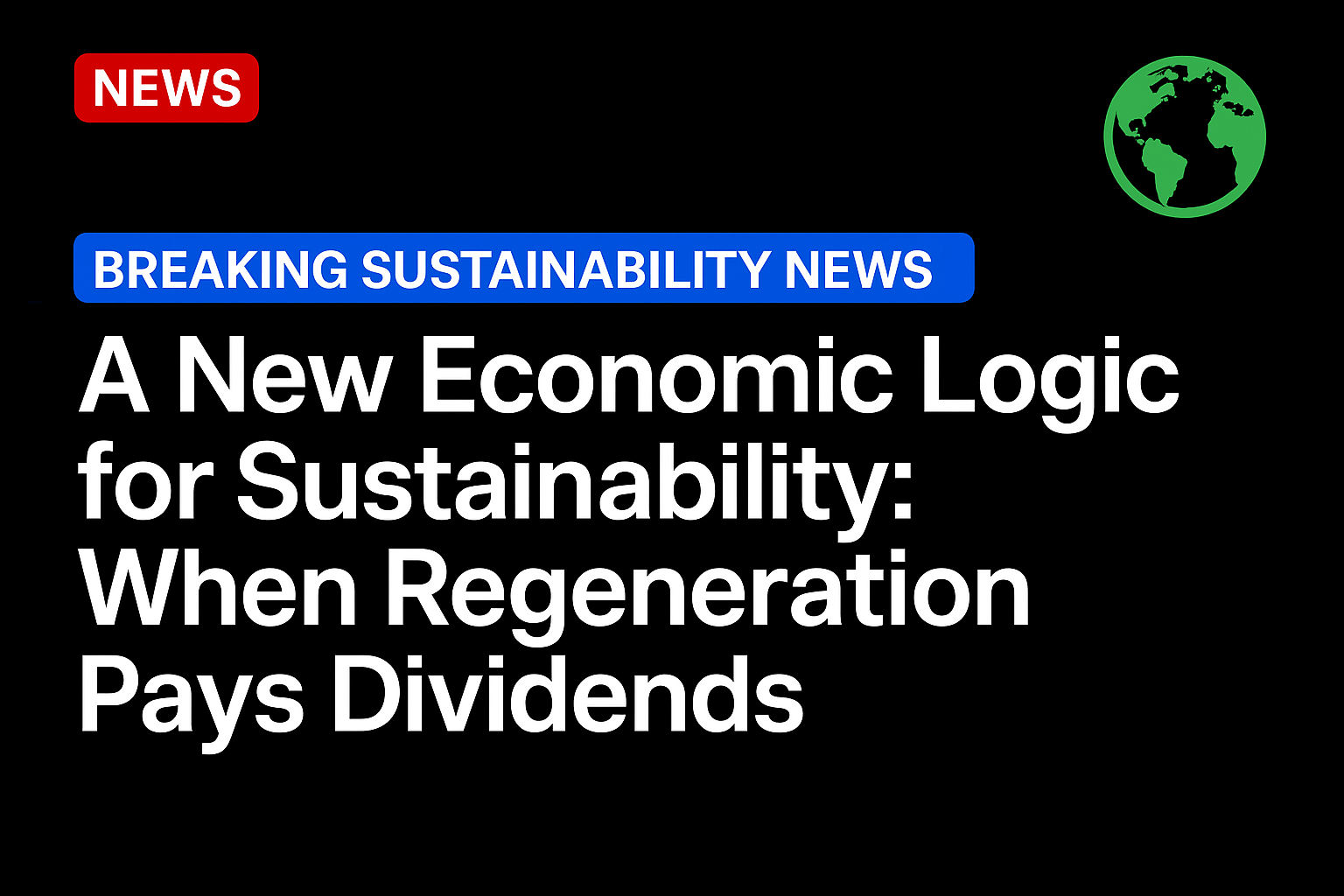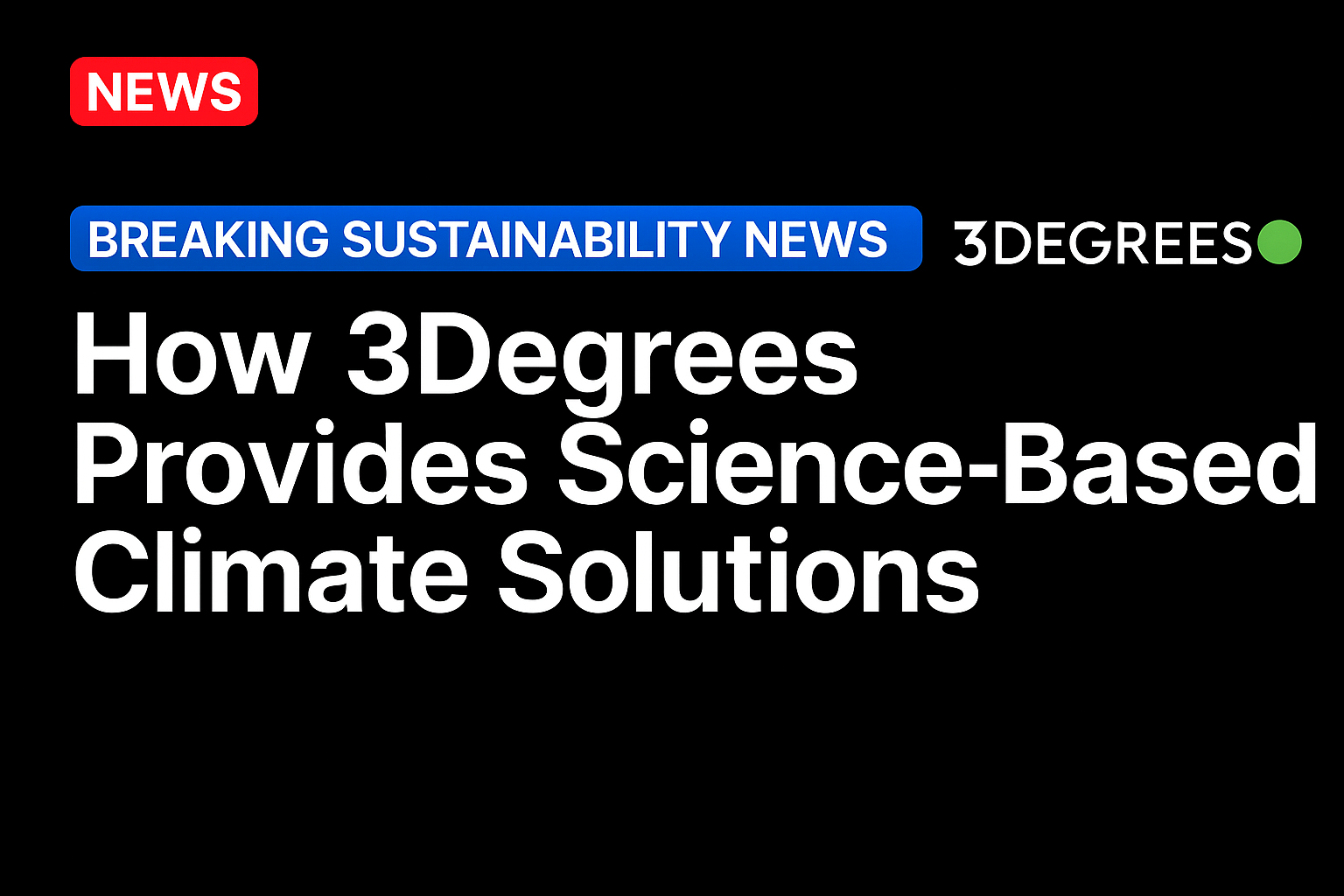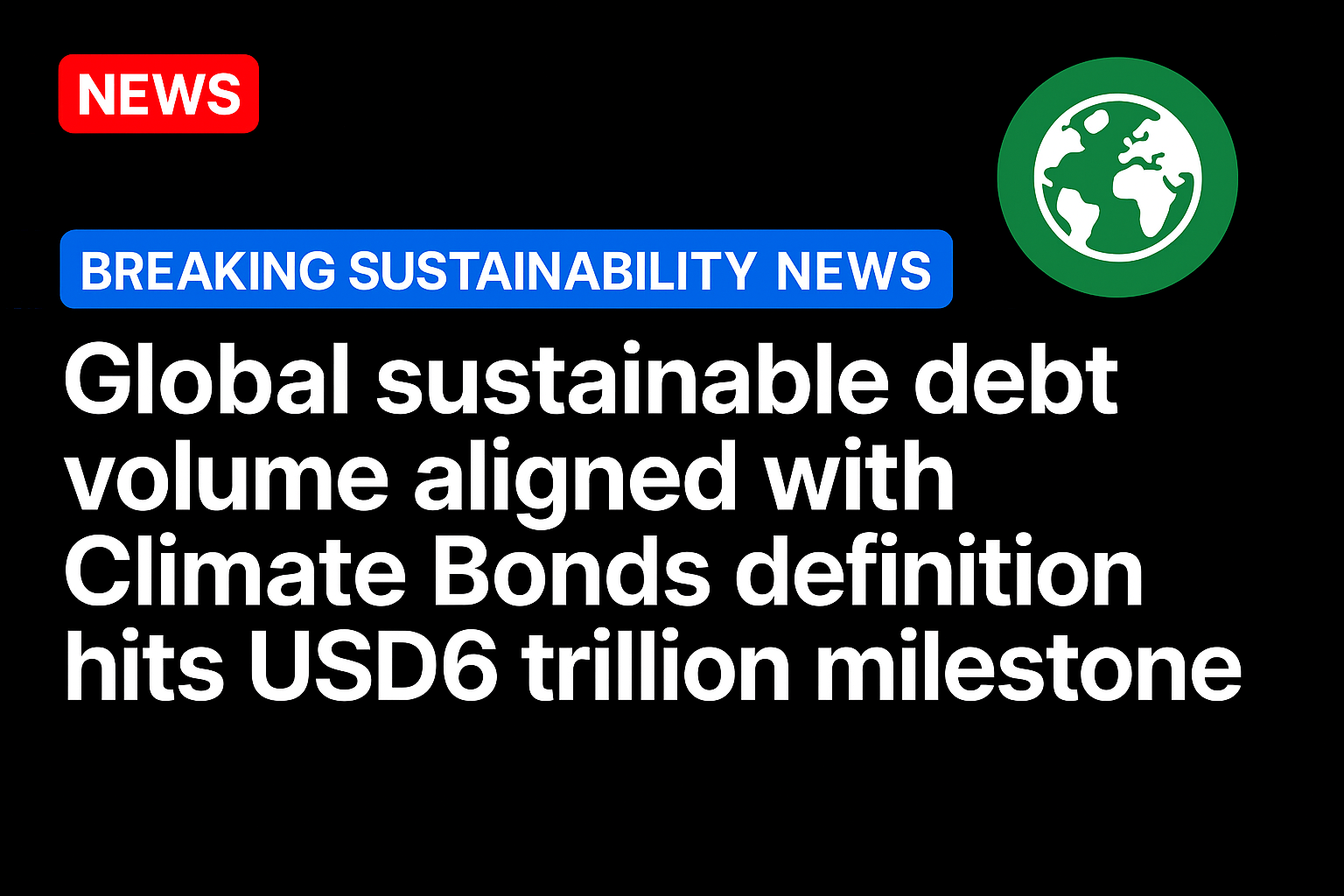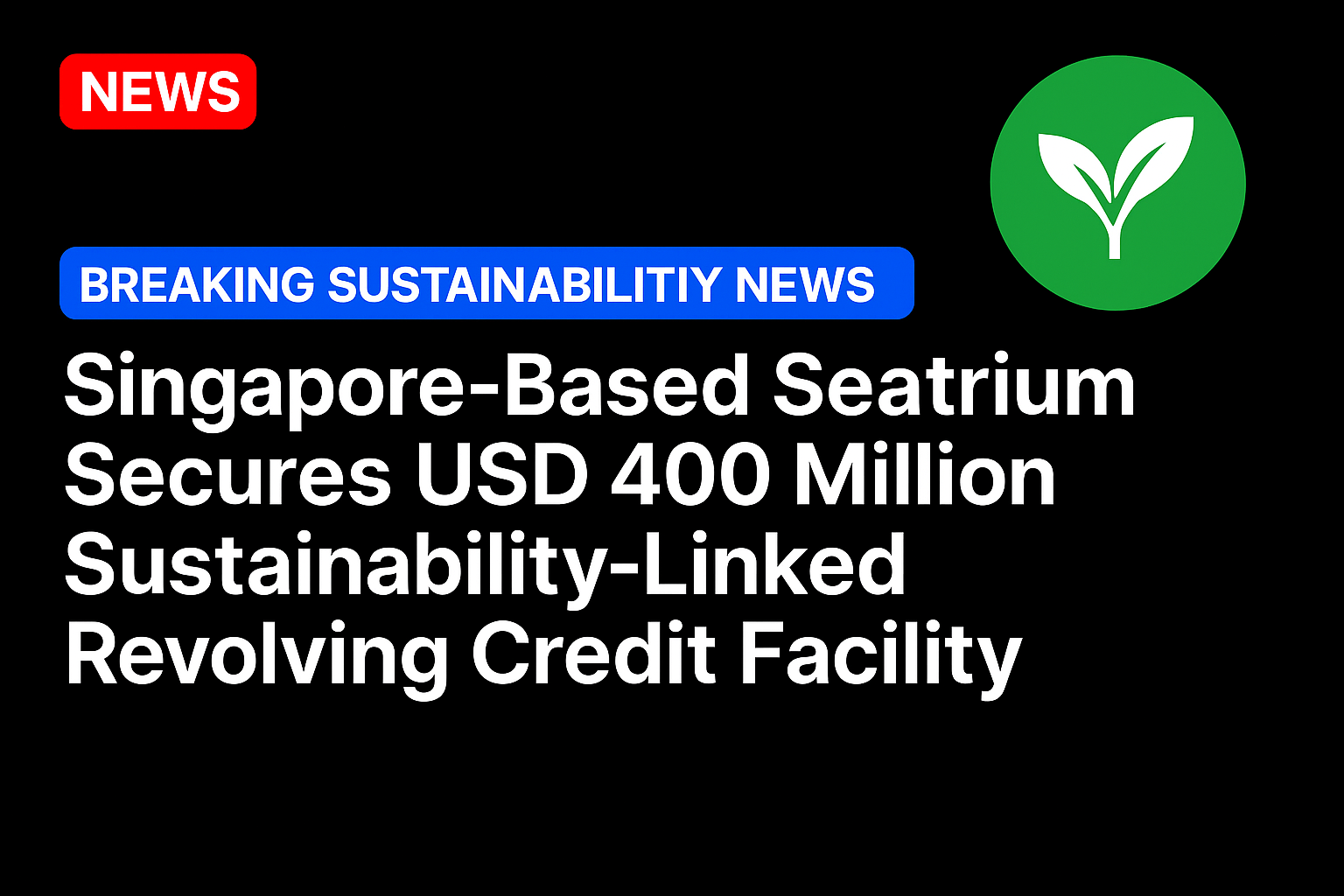In a thought-provoking commentary, Ioannis Ioannou presents a renewed framework for how businesses should approach sustainability—not as a compliance checkbox or branding opportunity, but as a value-generating economic imperative. He critiques the prevailing mindset that penalizes resource-conscious, regenerative business models while rewarding extractive ones.(TradingView News — SNG: A new economic logic for sustainability)
Rethinking the Sustainability Equation
- Sustainability as transformative, not symbolic
Too often, environmental and social initiatives remain superficial—motivated by reputational gain or regulatory obligation rather than genuine change. - Markets must evolve beyond short-term gains
Current market mechanisms favor companies that exploit natural resources and externalize costs, penalizing those that invest in replenishment and long-term ecosystem health. - Support business models aligned with ecological limits
True sustainability requires redesigning markets so that firms investing in regeneration, circularity, or social cohesion see tangible economic benefits.
Why This Matters
| Implication | Significance |
|---|---|
| Shifts investment incentives | Aligns capital with businesses that prioritize long-term renewal, not depletion. |
| Challenges conventional metrics | Urges redefinition of value beyond quarterly gains—toward multi-capital returns. |
| Underpins resilient economies | Promotes stability and adaptability by valuing systems that regenerate ecosystems and societies. |
Bottom Line
Ioannou’s “new economic logic” reframes sustainability from a “nice-to-have” into a cornerstone of resilient, profitable business strategy. For companies and investors alike, it’s a call to reevaluate how success is defined and rewarded—shifting value toward models that preserve, replenish, and elevate both communities and ecosystems.





